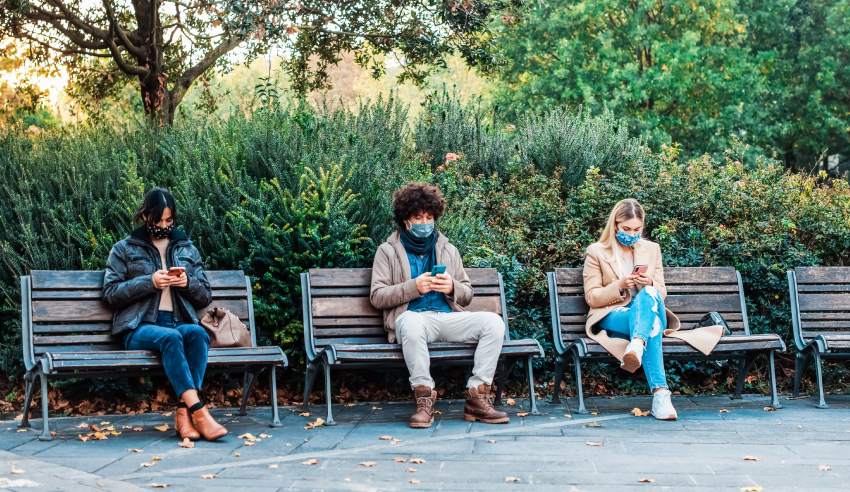Legal bodies have called on the NSW authorities to exercise caution when issuing COVID-19 fines, as they have the potential to further harm communities.

With Sydney amid further COVID-19 lockdowns, restriction rules have caused confusion among communities – and the Aboriginal Legal Service and the Redfern Legal Centre are calling on police to use discretion when issuing fines.
This news follows the NSW Police Commissioner’s pledge to not hold officers to account if they are to issue an incorrect COVID-19 fine, giving them permission to “get it wrong”.
Anthony Carter, deputy chief executive of the ALS, said that NSW Police need to focus less on fines and more on protecting their communities.
“COVID is a health issue, not a criminal matter. You can’t police your way out of a pandemic,” he said.
“We need to protect our communities. The best way to do that is by caring for those who are vulnerable, not hanging hefty fines and prison time over people’s heads.”
The ALS has urged police officers to work in partnership with Aboriginal communities to ensure people are safe.
“By ensuring community members are safe and housed, that they have access to food and healthcare, police will do a lot more to curtail COVID than indiscriminately handing out fines,” Mr Carter added.
Additionally, Redfern Legal Centre is currently assisting a number of clients who have been issued a $1,000 and $3,000 COVID-19 fine – and has called on the government to revoke all COVID-19 fines that have been issued incorrectly by NSW Police.
Fines have been issued for sitting in a park, away from others, which is defined as lawful recreation under the current restrictions. The centre has also previously warned against the overuse of lockdown fines by NSW Police.
Samantha Lee, solicitor with the police accountability practice at Redfern Legal Centre, said that the NSW government website clearly states that the law does allow people to sit for relaxation, or to eat, drink or read outdoors.
“The public health order allows for people in Greater Sydney and New South Wales, except for the areas of concern, to undertake recreation with one other person or with members of the same household,” she said.
“If police have issued a fine to someone just because they were sitting and not breaching the COVID rules, then that fine should be dismissed.
“We are concerned that the cases we are seeing are just the tip of the iceberg, and that many more people may have been fined by police when they were not doing anything wrong.”
The ALS has also noted several reports of NSW Police inappropriately issuing fines and court attendance notices.
In one instance, a man with known mental health issues was stopped by police in a regional NSW town. Despite being known to wander and despite the local police command’s knowledge of the man’s mental illness, he was charged with breaching public health orders and will now have to attend court.
In another example, a teenage girl living in out-of-home care needed to be notified that she was a close contact of a COVID case. She became aware that police were looking for her and after having negative experiences with authorities in the past, she was afraid she was going to be detained and had to be reassured by her carers in order to isolate.
Mr Carter added that this young person’s experience demonstrates the dangers of abandoning community policing.
“When you make people afraid, they’re less likely to come to you if they have a problem. Many police officers have worked hard in recent years to build trust in the community,” he said.
“All that work risks being undone by just a few weeks of hard-line, punitive policing.”

Lauren is the commercial content writer within Momentum Media’s professional services suite, including Lawyers Weekly, Accountants Daily and HR Leader, focusing primarily on commercial and client content, features and ebooks. Prior to joining Lawyers Weekly, she worked as a trade journalist for media and travel industry publications. Born in England, Lauren enjoys trying new bars and restaurants, attending music festivals and travelling.